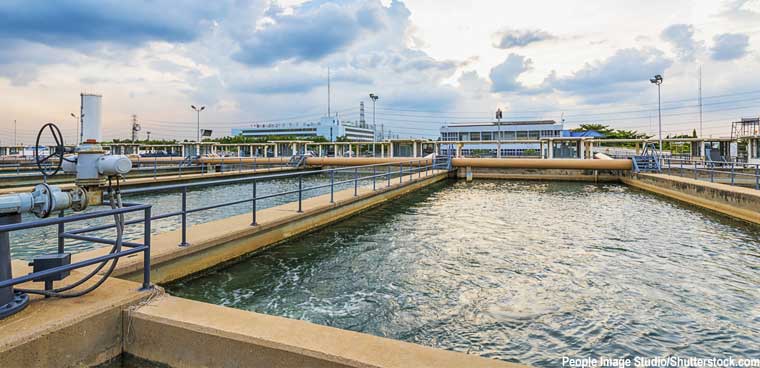Local water authorities insist we’re secure from system hackers | News
NORTH PORT — You wouldn’t think twice about sipping cool water from the kitchen tap.
That’s after local and federal authorities reported an attempt to contaminate Oldsmar’s water supply, Pinellas County Sheriff Bob Gualtieri said. A hacker accessed the city’s water treatment system and remotely increased the level of sodium hydroxide — lye — by a factor of more than 100. The chemical controls acidity. But it’s deadly when used in heavier concentrations, as in drain cleaners.
Fortunately a water plant supervisor saw the changing levels on his home computer and intervened. Officials in Oldsmar, just north of St. Petersburg, insisted that safeguards are in place and have disabled the remote-access system used in the attack. Federal and local authorities are investigating.
Southwest Florida water authorities Tuesday said such an attack on our drinking water is not likely here. That’s because remote access at treatment sites is either nonexistent or limited to select administrators, and not to outside vendors, as was suggested in the Oldsmar data breach, locals officials say.
The Peace River Manasota Regional Water Supply Authority treats and distributes more water than anyone in the area. Built next to its water source, the Peace River, the facility straddles Kings Highway in southern DeSoto County, a few miles north of Interstate 75. It sends out 30 million gallons of fresh water each day to most of Charlotte County, and is integrated with North Port and other neighboring utilities.
Its plant is essentially a fortress of guards, cameras, sensors and gates, but very little remote software, said Patrick Lehman, the authority’s executive director. While software and computers run the system, the devices are managed internally, not patched into outside platforms that can be easier to infiltrate, he said.
Like bank security? he was asked Tuesday.
“Like a prison,” he countered in offering a limited peek, as the authority’s security measures are private. “Totally manned 24/7.”
The authority has other safeguards in the event that elite hackers — or hurricanes — shut off power to treatment facilities, which in both instances are the…




